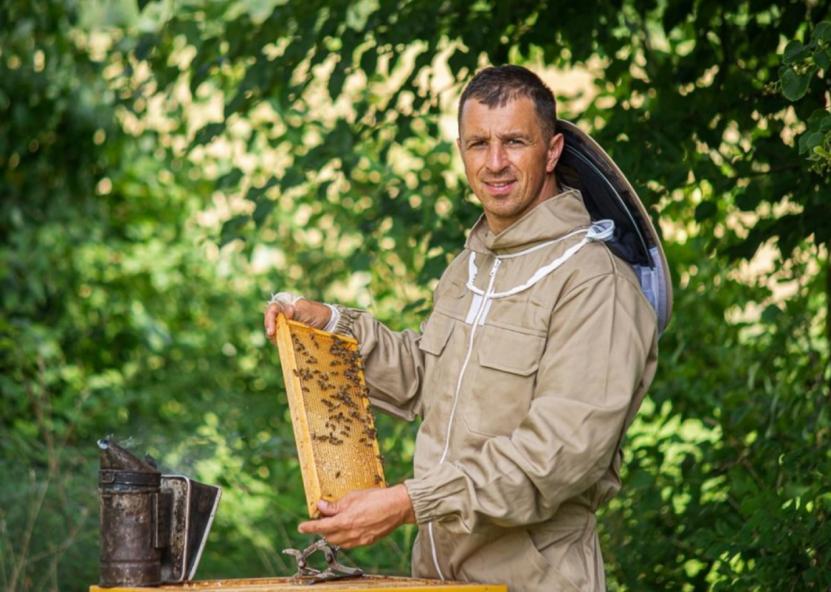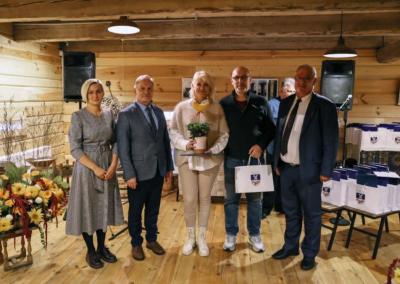Changeable weather - a challenge for beekeepers in Panevėžys region
According to Lithuanian beekeepers, the good weather in April and May did not disrupt the honey collection process this year more than in previous years.
Honey has not yet been harvested
Beeker Ignas Jackevičius, director of the „Brolių medaus“ brand, assured that this year spring started 2–3 weeks earlier.
„As a result, everything seemed fine and dandy at first – the bees were getting stronger, and then, unfortunately, the weather turned colder. The snow has not caused any damage, has not frozen the flowers as in previous years, but there is not enough warmth – it is raining or windy. A lot of things have flowered now, the rape is still there, the dandelions are also getting fluffy," he said.
According to the beekeeper, the success of the spring honeymoon will become clear in a week or two.
„We expect the weather to warm up a bit more, reaching 22 degrees. Then the bees will have time to produce more honey. And then, in a week or two, the spring bloom will be over. We will harvest our first honey at the end of May – around the 25th. This year has been a warming year, the bees were active, and then the weather cooled down and they can't get the nectar anymore, or the plants can't release it," Jackevičius said.
Better spring – better
Compared to this year and last, last spring's honey harvest was very good – abundant.
„This year I expect it to be at least pretty good. The beekeeper must also try to keep the colonies productive so that they can produce as much honey as possible. So far, the price of honey is €8–9 per kilo“, – said a friend.
„Last Friday, although the weather was bad, I went to the bees in the evening and was surprised – strong colonies were already bringing lots of honey. The stronger the colony, the greater the success of the spring honey harvest. Spring is a changeable season every year. Spring is a challenge for beekeepers," said I. Jackevičius.
Bees have honey to bring
„The warmer weather encouraged the bees to lay brood and bring their first honey. Then a period of frost slowed them and the flowering of plants. Then the warmth returned, and many things flowered. The bees have brought honey, but only as much as they need for themselves to survive, to wait for summer, not for the beekeeper. We will have to wait and see," said the beekeeper.










































































































